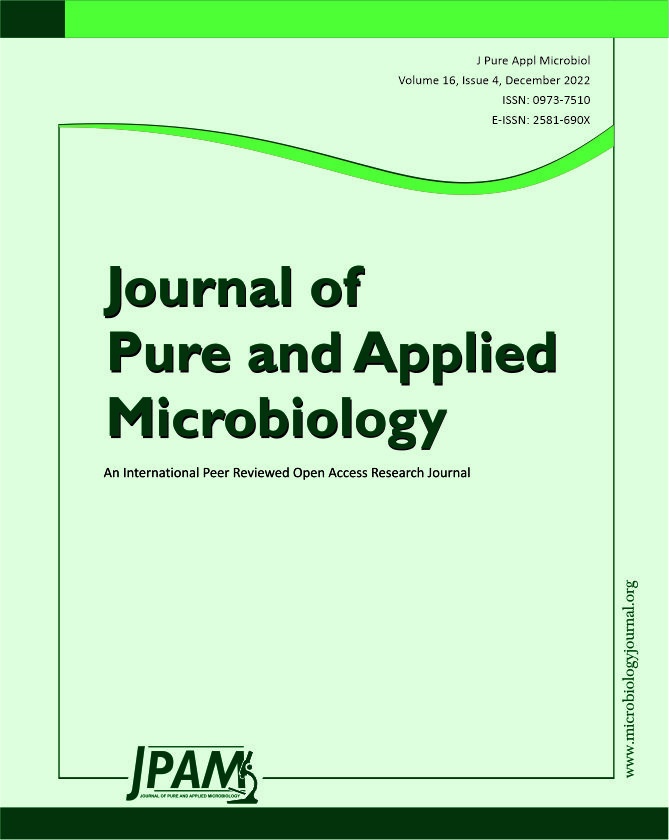The 2022 Federation Internationale de Football Association (FIFA) World Cup will take place in Qatar and will be a one-of-a-kind mega-crowd gathering. This is the first time in history that people from all over the world would gather in such a concentrated place. There is a higher chance of spreading zoonotic illnesses from one community to another among those who travel internationally, therefore tourists should be aware of the dangers they may face and take precautions. The public health system of the country hosting the event must be equipped to avoid the spread of zoonotic diseases considering the current global climate. The potential for an increase in cases of COVID-19 and monkeypox is notably heightened by this event. Possible exotic diseases such as the Marburg virus disease could also be spread. Due to Qatar’s inexperience in hosting such major events, it is crucial to invest heavily in training for the early identification of infectious illnesses and the prevention of their spread among event attendees. Visitors to Qatar 2022 should acquire the most up-to-date information available and be aware of the usual precautions that should be followed. Your immunization record must be up to date. Hospitals and other medical facilities in Qatar would be wise to increase their readiness for mass casualty occurrences given that this small location is hosting such an event for the first time. To better meet the health needs of its population, the government of Qatar should promote health advice materials in different languages and keep an adequate supply on hand. The potential for the emergence of zoonotic diseases is briefly reviewed here considering the upcoming FIFA World Cup in 2022.
FIFA World Cup, Qatar, Zoonotic Diseases, COVID-19, Monkeypox, Marburg
© The Author(s) 2022. Open Access. This article is distributed under the terms of the Creative Commons Attribution 4.0 International License which permits unrestricted use, sharing, distribution, and reproduction in any medium, provided you give appropriate credit to the original author(s) and the source, provide a link to the Creative Commons license, and indicate if changes were made.


